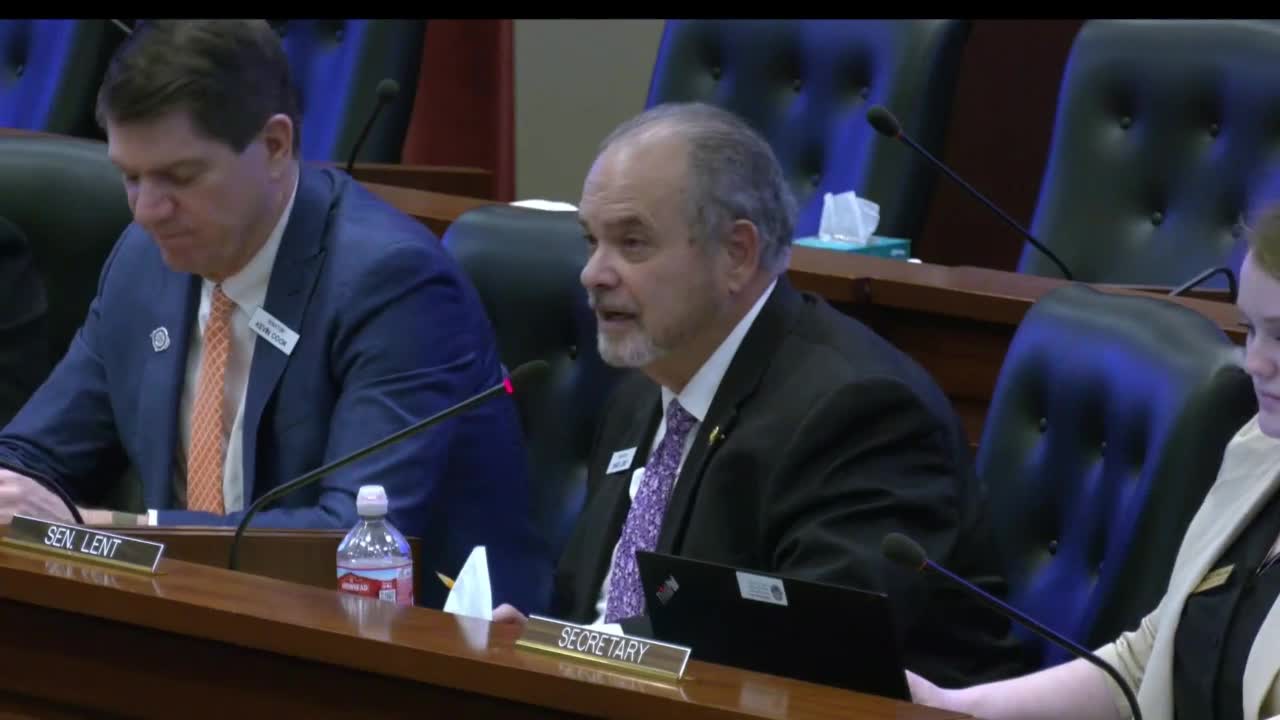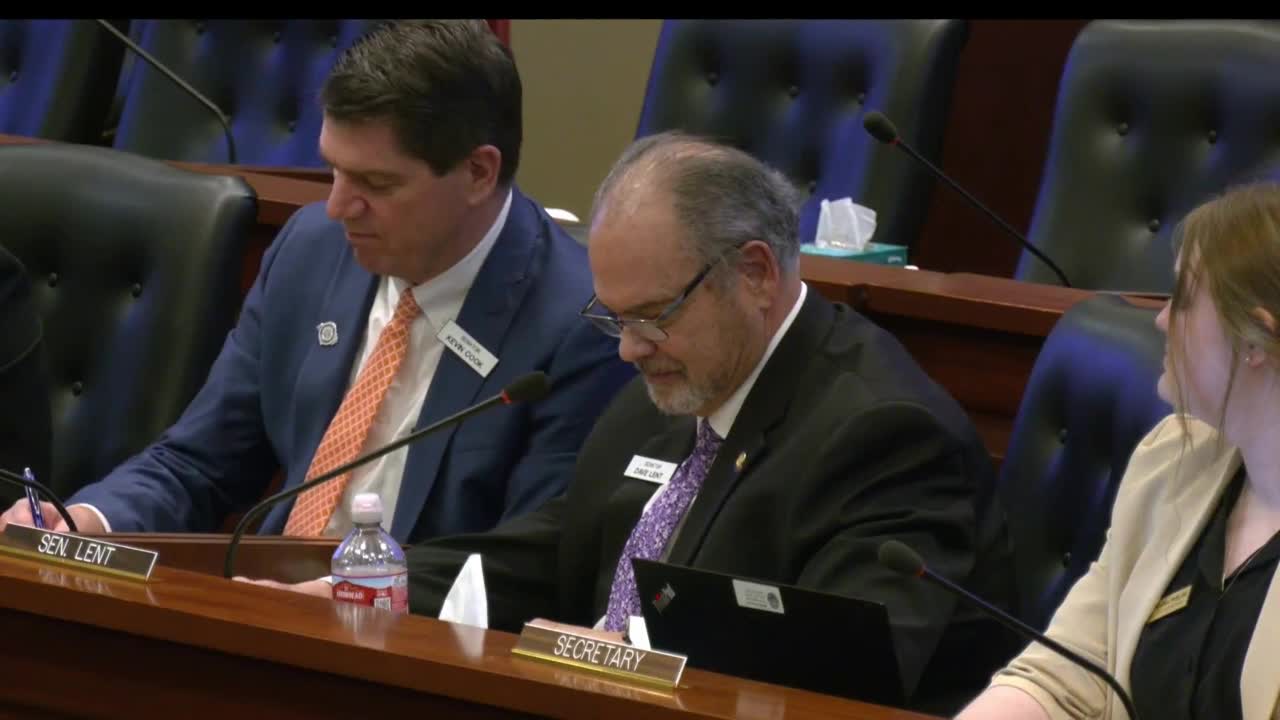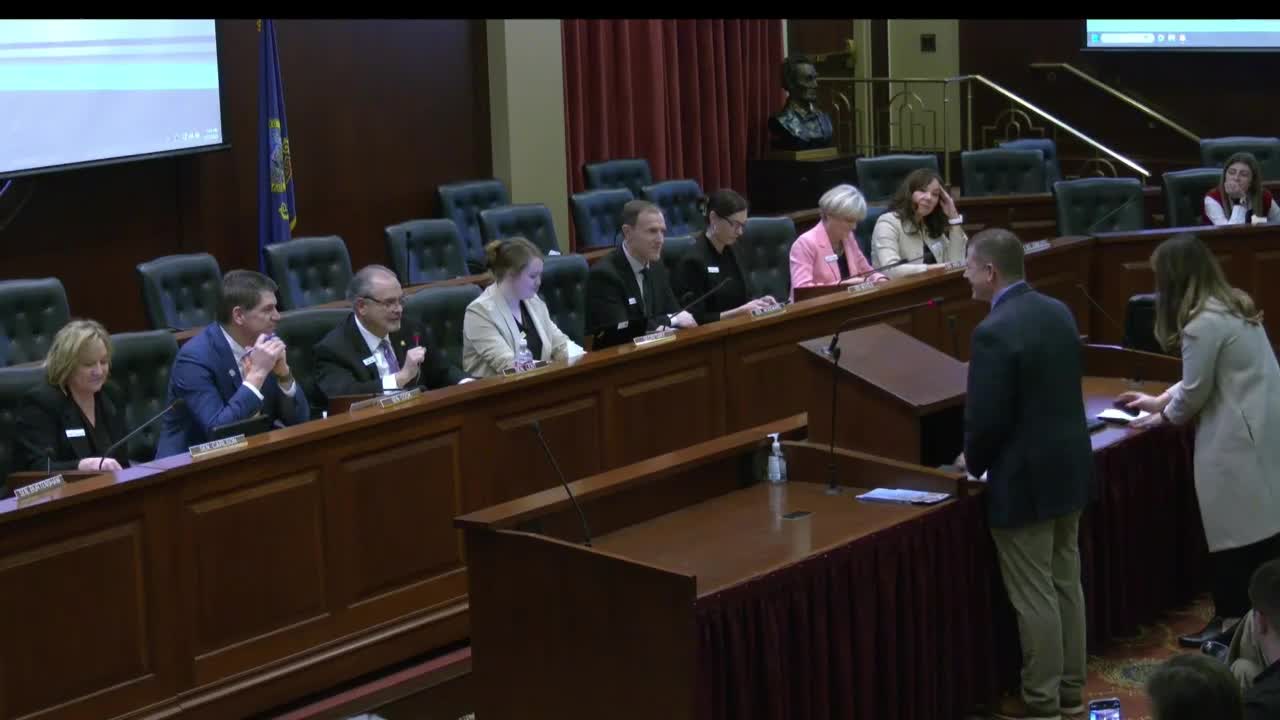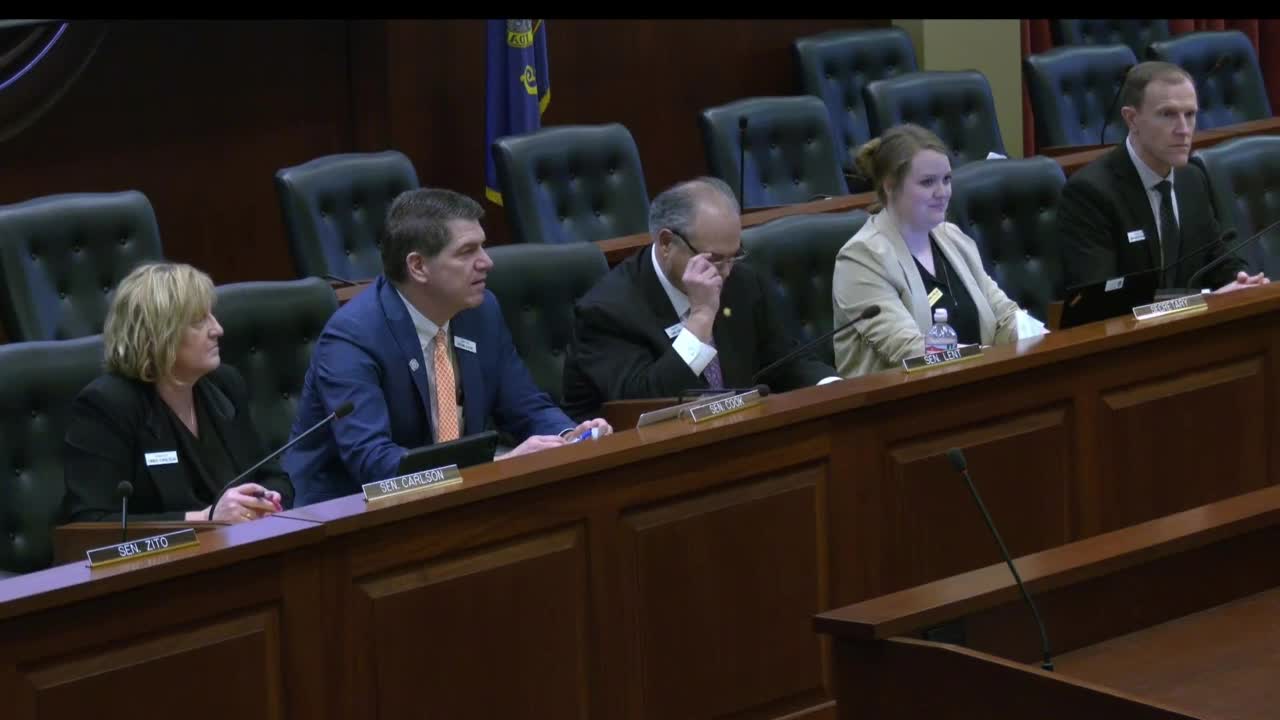Article not found
This article is no longer available. But don't worry—we've gathered other articles that discuss the same topic.

Senate Education approves prior minutes; hears reappointment and executive-director introductions

Blackfoot Charter credits governance overhaul and new facility with drops in discipline and rising test scores

Lewiston district tells Senate committee community engagement, PLC work support literacy gains; cites special-education funding gap

